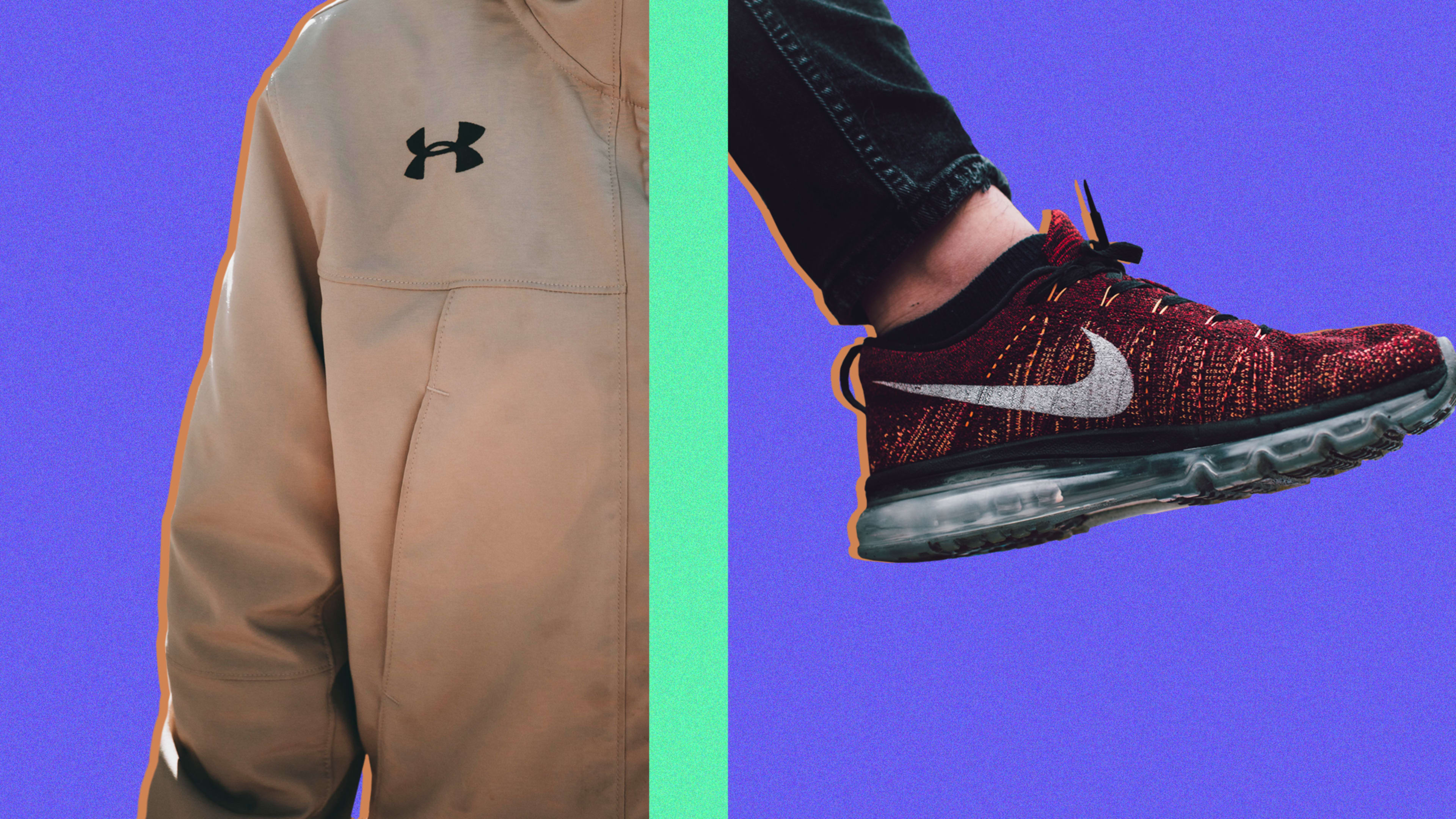Yesterday, both Under Armour founder and CEO Kevin Plank and Nike CEO Mark Parker announced that they would be stepping down from their respective positions in 2020. As sports business moves go, it’d be a bit like LeBron James and Steph Curry announcing their retirement on the same day.
A significant part of both Plank and Parker’s history is wrapped up in how they each used marketing to push their place in culture. However, as brands have become more and more obsessed with informing and reflecting culture, the landscape has shifted in a way that has made everything that a company does a part of its brand.
That’s an underlying parallel between these two executives and their decision to step down.
Despite decades of carefully constructed—and wildly successful—marketing and advertising, it’s the overall culture that spelled their respective ends.
Parker has been CEO of Nike since 2006 and, as my colleague Mark Wilson pointed out yesterday, he oversaw the company’s modern golden age of design—ranging from its revolutionary products like Flyknit to its bold, connected retail strategy. On the marketing side, Parker’s Nike has hit a stride of creative advertising (along with its ad agency Wieden+Kennedy) rarely seen. Much like its insanely popular new sneaker drops, pop culture now eagerly awaits each new Nike ad with giddy anticipation. Its 2010 World Cup ad “Write the Future” was directed by Oscar-winner Alejandro González Iñárritu and was cool enough to get even Americans to care about soccer.
Its 2017 spot “Equality” positioned sports, and by extension Nike, as a force for equality and good in a crazy world.
Of course the brand and Parker’s crowning marketing achievement is arguably 2018’s “Dream Crazy.” It sparked some controversy, but it also perfectly illustrated how Nike under Parker’s leadership had perfected the art of using advertising not only to influence culture but also boost its bottom line.
https://twitter.com/kaepernick7/status/1037387722107830272?lang=en
Hand in hand with these successes go the darker moments of Parker’s tenure, most recently the shuttering of its Oregon Project running program earlier this month after its head coach Alberto Salazar received a four-year ban from the United States Anti-Doping Agency for doping violations, with reports that Parker was aware of experiments being done to test the limits of banned substance testing. Another major black eye for the company under Parker’s watch was how it took internal whistleblowers to expose workplace misconduct and discrimination against women that forced out a handful of top executives.
Meanwhile, Kevin Plank started Under Armour as a t-shirt company focused on college football and grew it to become a $5 billion global sports brand competing directly with Nike and Adidas. Plank turned his brand’s underdog status into its biggest asset. The company signed Steph Curry after he was dropped by Nike and rode the wave of success as Curry not only led his Golden State Warriors to multiple titles but changed the pro game itself by emphasizing shooting prowess over power dunks.
Under Armour also enthusiastically and successfully grew its women’s athletics business while espousing empowerment as a brand value, creating groundbreaking ad campaigns with such unlikely stars as ballet dancer Misty Copeland and supermodel Gisele Bündchen. The “I Will What I Want” campaign broke through for the brand in a way that little, if any, of its previous work had done before, attracting both praise and news coverage.
https://youtu.be/daSy4MZ1jVY
But just as with Nike and Parker, the Under Armour brand isn’t just the basketball wizardry of Steph Curry or the empowered strength of Misty Copeland and Gisele Bündchen. It’s also Plank praising President Trump in 2017. And Under Armour investors suing Plank for seeking to enrich himself in a real estate deal. And accusations of a fratty, inappropriate, internal company culture. Let’s not forget that the company was forced to cut about 400 jobs due to slow growth, reported profit losses of more than $46 million in the past two years, and has seen its stock price drop from a high of about $52 in 2015 to around $20 today.
Plank and Parker were able to harness the power of their marketing to drive their companies to unprecedented heights, and yet it still wasn’t enough to save them.
It’s important to note that while they are stepping down from the big chair, both are far from gone. Plank is taking on the new title of executive chairman and brand chief, while Parker will be Nike’s new executive chairman. Is it enough for shareholders and the general public to see it as a page-turning gesture and allow these brands to move past a spate of less-than glorious incidents?
We’ll have to wait for the next ad campaign to find out.
Recognize your brand’s excellence by applying to this year’s Brands That Matter Awards before the early-rate deadline, May 3.
